Fertilizing Shrubs
colebug
18 years ago
Related Stories
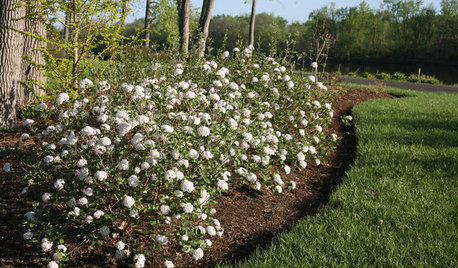
FALL GARDENING9 Deer-Resistant Flowering Shrubs to Plant This Fall
These exquisite shrubs will attract your attention but won’t tempt the deer that roam your neighborhood at night
Full Story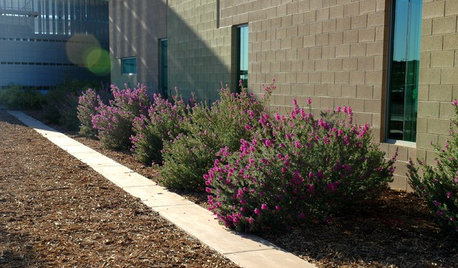
GARDENING GUIDESHow to Avoid Overcrowded, Overpruned Shrubs
Go for a more natural look that’s easier and less expensive to maintain by giving your plants the right amount of growing room
Full Story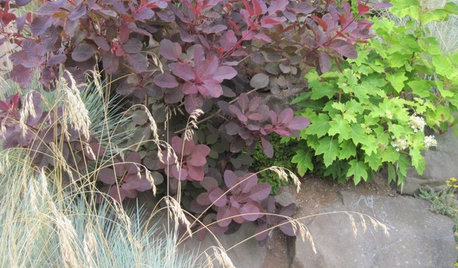
PURPLE FOLIAGE5 Purple-Leaf Majesties of Shrubs
Looking for beautiful depth and dynamism in your landscape? Just add purple
Full Story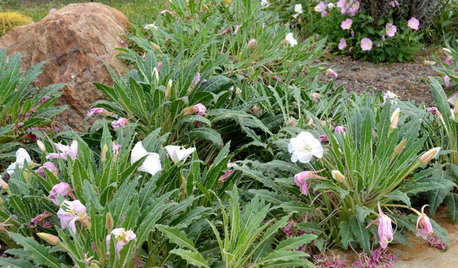
GARDENING GUIDES10 Cold- and Heat-Tolerant Perennials and Shrubs for the Arid West
These flowering native plants shrug off the cold of winter and heat of summer while adding beauty to the drought-tolerant landscape
Full Story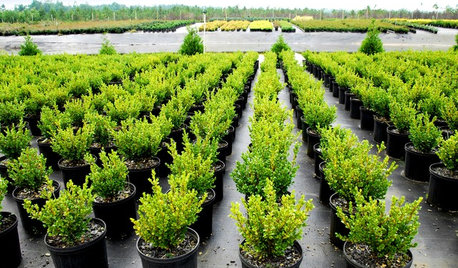
TREESHow to Buy Healthy Trees and Shrubs
A healthy young plant with a strong form is more likely to do well in your yard. Here’s what to look for at the nursery
Full Story
GARDENING GUIDESCommon Myths That May Be Hurting Your Garden
Discover the truth about fertilizer, soil, staking and more to keep your plants healthy and happy
Full Story
GARDENING GUIDESHow to Switch to an Organic Landscape Plan
Ditch the chemicals for a naturally beautiful lawn and garden, using living fertilizers and other nontoxic treatments
Full Story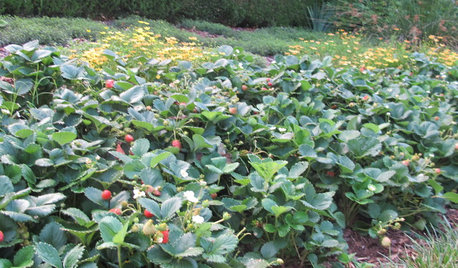
REGIONAL GARDEN GUIDESSoutheast Gardener's September Checklist
Fertilize strawberries, plant a tree or two and beckon hummingbirds to your Southern garden this month
Full Story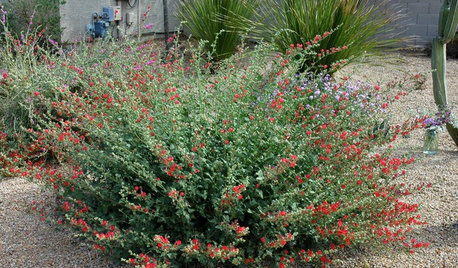
GARDENING GUIDESSouthwest Gardener's February Checklist
Orange you glad for a citrus-fertilizing reminder? And don't forget the recommended doses of vegetable seeds and cold-hardy flowers
Full Story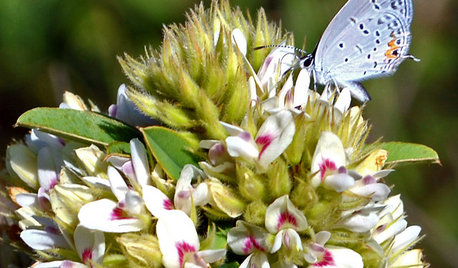
GARDENING GUIDES5 Prairie Wildflowers That Can Heal Your Soil
Get free, organic soil fertilizer with nitrogen-pumping plants that draw pollinators too
Full Story





tapla (mid-Michigan, USDA z5b-6a)
tapla (mid-Michigan, USDA z5b-6a)
Related Professionals
Boca Raton Landscape Contractors · Cambridge Landscape Contractors · El Segundo Landscape Contractors · Framingham Landscape Contractors · Fruit Heights Landscape Contractors · National City Landscape Contractors · Palos Verdes Estates Landscape Contractors · Pleasant Prairie Landscape Contractors · Selden Landscape Contractors · University City Landscape Contractors · Boston Window Contractors · Farragut Window Contractors · Mount Kisco Window Contractors · Plainview Window Contractors · University City Window Contractorsgardengal48 (PNW Z8/9)
colebugOriginal Author